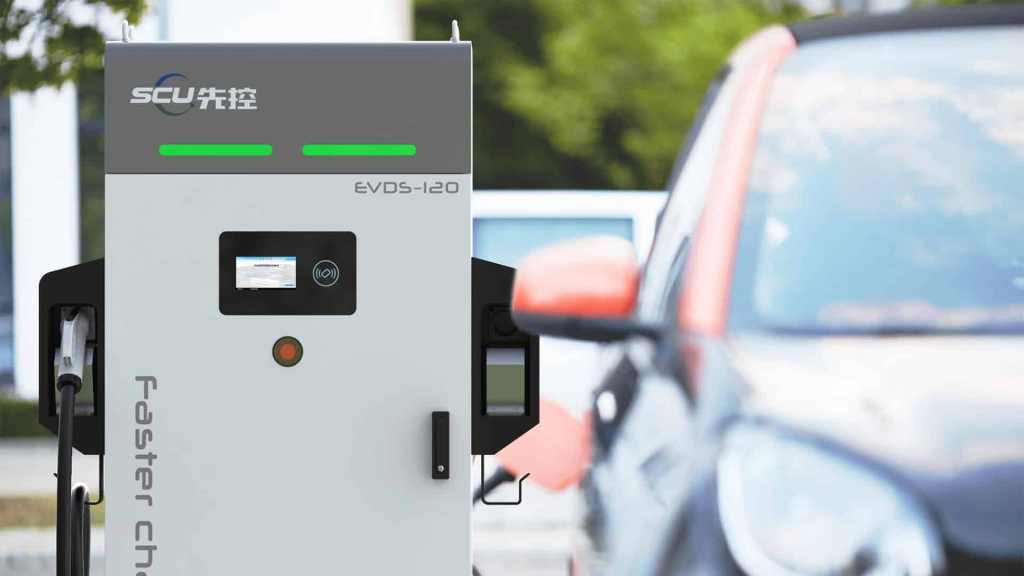Solar power generation technology has always been a subject of great interest in the modern energy field, and three-phase hybrid inverters are an important innovation in this field. This article delves into the working principles of three-phase solar hybrid inverters and provides a detailed overview of the technology from the perspective of manufacturers. First, let us understand the key role of distillation technology in it.
Three-phase hybrid inverters and distillation technology: boosting energy conversion efficiency
Distillation technology is one of the key components of three-phase hybrid inverters and plays a vital role in energy conversion. It is used to optimize the direct current generated by solar panels and convert it into high-quality alternating current for supply to the grid or for use in homes and industrial equipment. This process involves multi-level processing to improve energy conversion efficiency.
First, distillation technology maximizes the removal of impurities and fluctuations from direct current to ensure stable and reliable alternating current output. This helps reduce power loss and improve system performance. In addition, distillation technology can maintain consistent power output under different solar conditions, making the system more adaptable to changing weather conditions.
The working principle of three-phase solar hybrid inverters starts with solar panels. These panels convert solar energy into direct current through the photovoltaic effect, but direct current cannot be directly supplied to most power grids or devices. This is where the inverters come into play.
The core functions of three-phase solar hybrid inverters
Three-phase solar hybrid inverters have the key task of converting direct current into alternating current. This process goes through multiple steps, including the application of distillation technology. Let’s take a look at the core functions of the inverters:

DC to AC conversion
The inverters first convert the direct current generated by solar panels into alternating current. This is necessary because the electricity used by most homes and industrial equipment is alternating current. At this stage, distillation technology is used to optimize the purity and stability of the current.
Maximum Power Point Tracking (MPPT)
Three-phase solar hybrid inverters are also equipped with Maximum Power Point Tracking (MPPT) technology. MPPT tracks the output of solar panels and ensures they operate at maximum efficiency at any given time. This helps maximize the collection of solar energy and increase the system’s energy output.
Battery energy management
At this point, the battery energy management system in the inverter comes into play. It can store excess solar power in batteries for use when needed. This makes the system more flexible and able to provide backup power during nighttime or adverse weather conditions.
Power injection into the grid
If the system is connected to the grid, the inverters can also inject excess solar power into the grid, enabling bidirectional communication with the grid. This not only allows the delivery of excess energy to the grid but also enables power to be drawn from the grid when needed.
The working principle of three-phase solar hybrid inverters integrates multiple key technologies, with distillation technology being the key to improving energy conversion efficiency. By converting direct current into high-quality alternating current and incorporating Maximum Power Point Tracking and battery energy management, these inverters provide efficient, stable, and reliable energy conversion solutions for solar power generation systems. In the growing field of renewable energy, three-phase solar hybrid inverters are playing a crucial role in laying a solid foundation for the future of sustainable energy.
